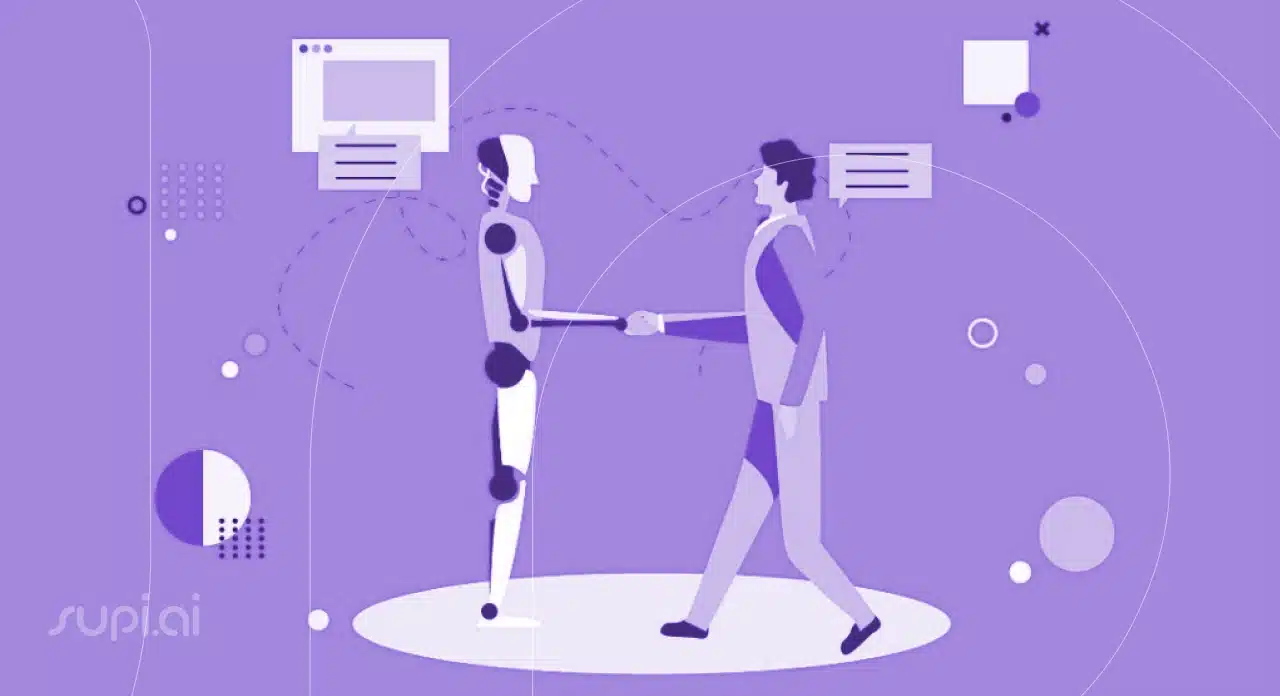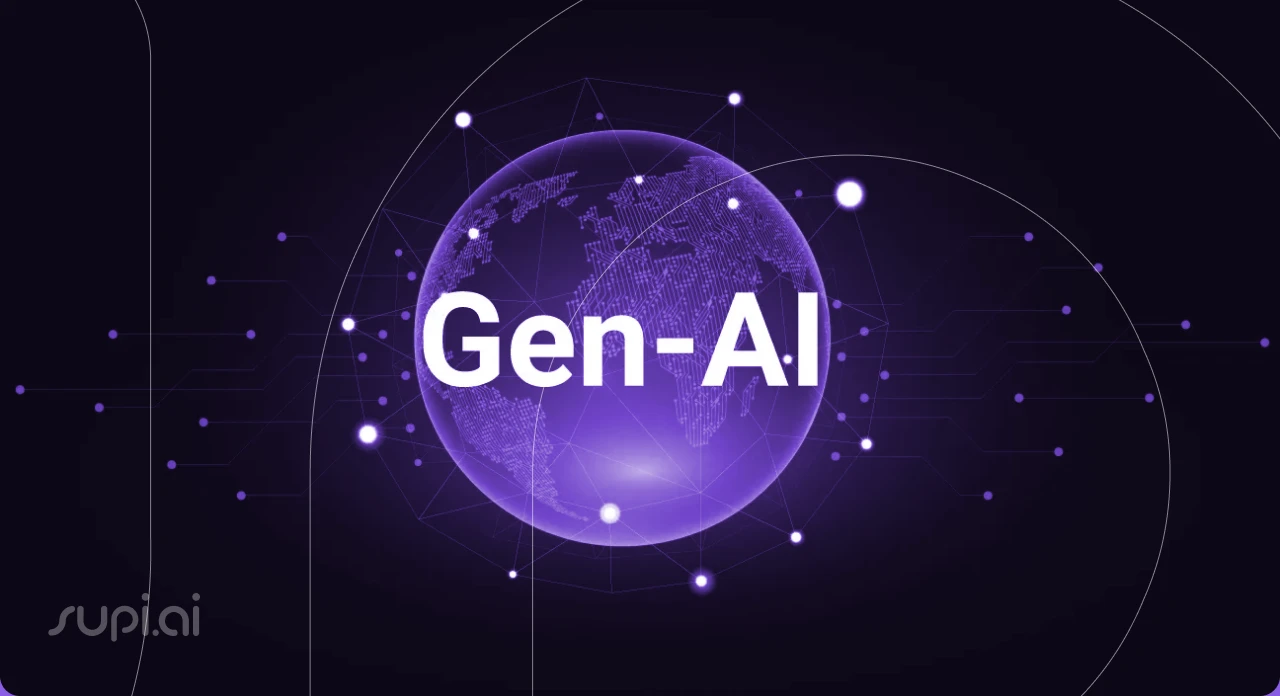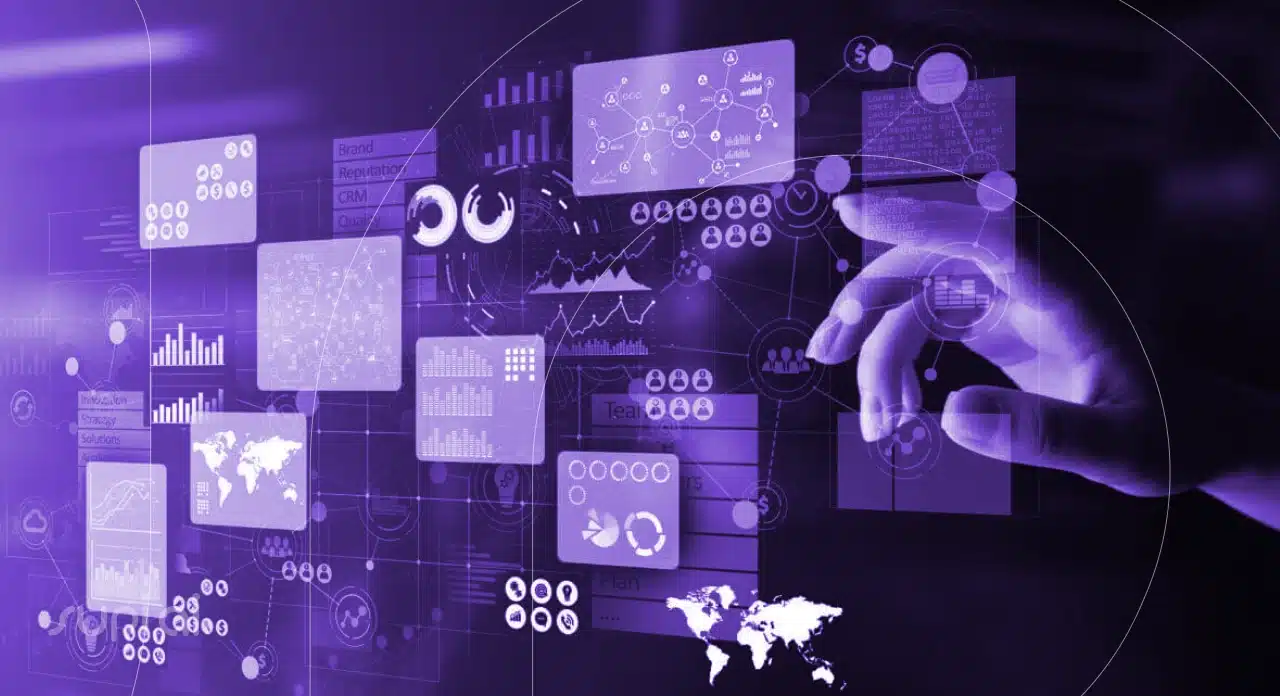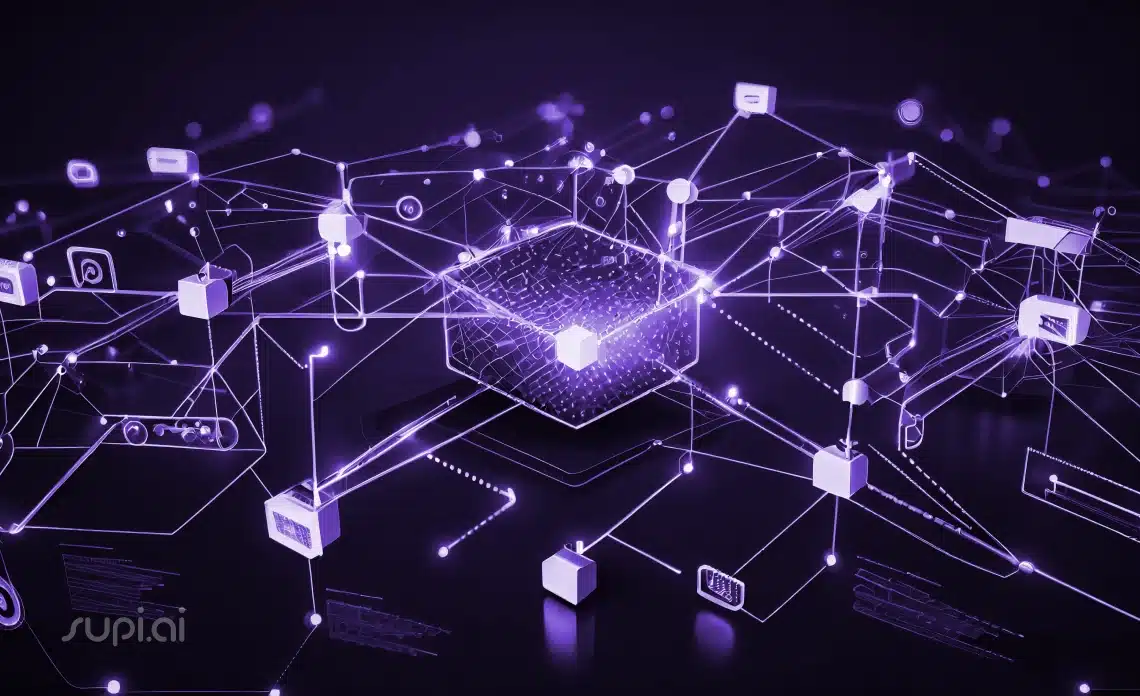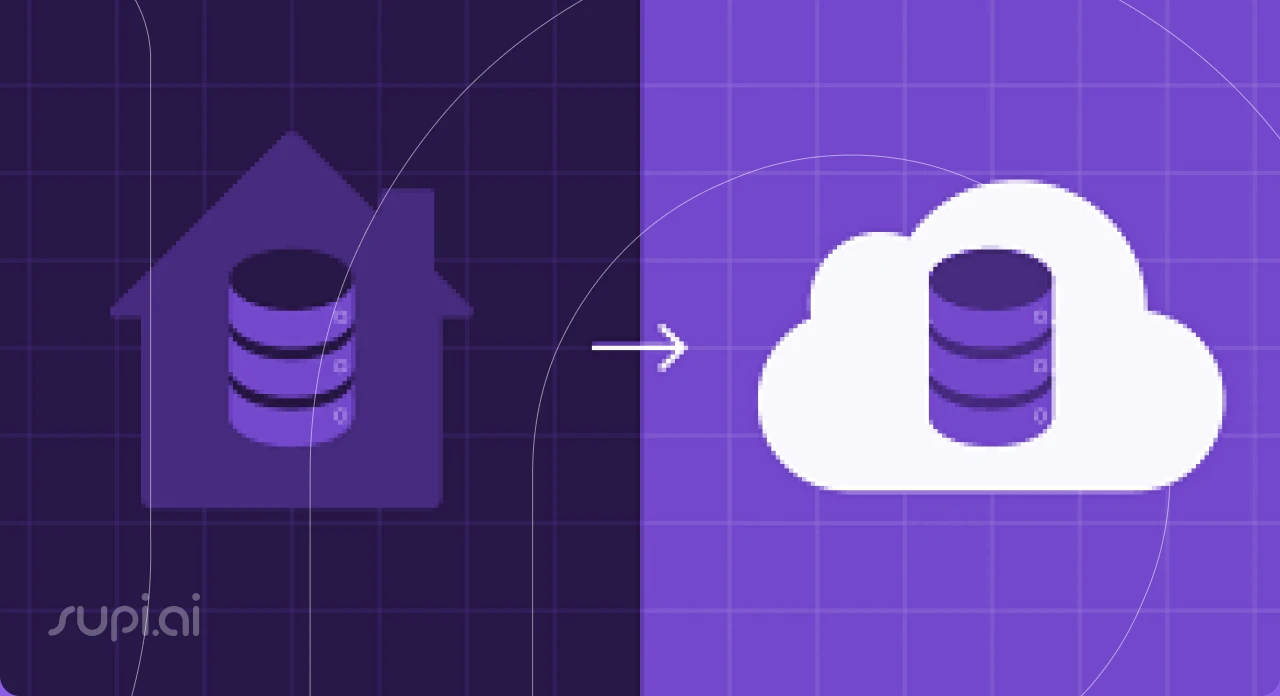In the ever-evolving landscape of human resources, recruitment stands out as a critical function that has seen significant transformation with the advent of Artificial Intelligence (AI). From automating mundane tasks to enhancing decision-making processes, AI is reshaping how companies attract, assess, and hire talent.
Understanding AI in Recruitment
Definition and Scope of AI in HR
AI in recruitment refers to the application of artificial intelligence technologies such as machine learning and natural language processing to streamline various aspects of the hiring process. It encompasses everything from initial candidate screening to onboarding.
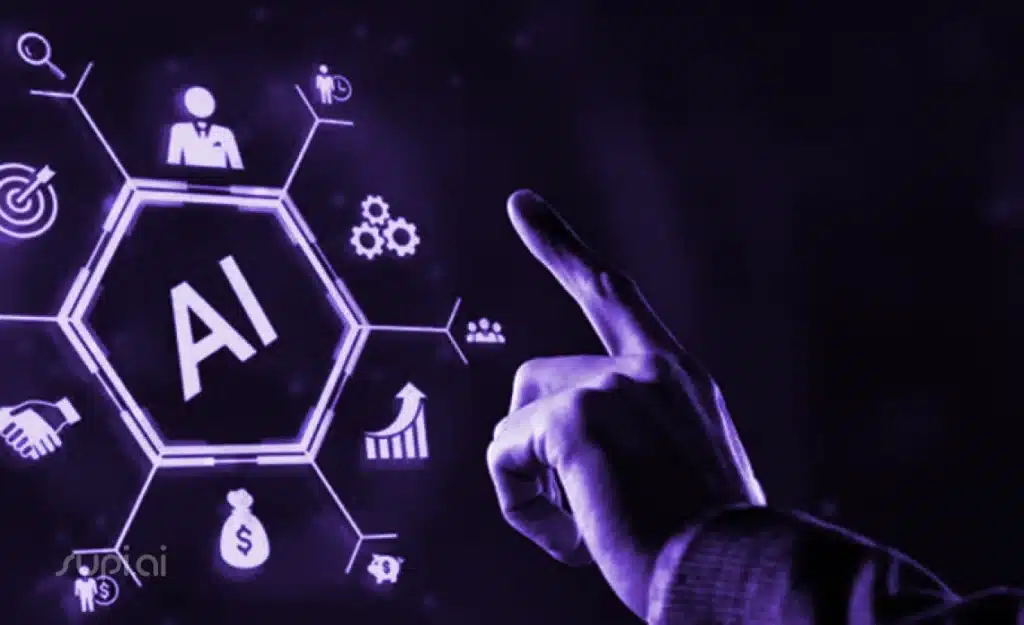
Benefits of AI in Recruitment Processes
AI brings numerous advantages to recruitment processes, including improved efficiency, enhanced candidate experience, reduced bias, and better predictive analytics for hiring decisions. These benefits are driving its widespread adoption across industries.
AI-Powered Recruitment Tools
Applicant Tracking Systems (ATS)
ATS systems powered by AI automate the collection, sorting, and management of applicant data. They help recruiters handle large volumes of applications efficiently and identify top candidates based on predefined criteria.
AI-driven Candidate Screening
AI algorithms analyze resumes and job applications to match candidates with job requirements. This process significantly reduces the time recruiters spend on initial screenings and improves the quality of shortlisted candidates.

Automated Scheduling and Interviewing
AI tools can schedule interviews, coordinate availability between candidates and interviewers, and even conduct initial interviews through chatbots or virtual assistants. This automation saves time for both candidates and hiring teams.
Enhancing Candidate Experience with AI
Personalized Communication
AI enables personalized communication with candidates through automated emails, chatbots, and virtual assistants. This ensures timely updates and feedback, enhancing overall candidate experience and engagement.
Seamless Application Process
With AI, candidates experience a smoother application process, from intuitive job search interfaces to streamlined application forms. This reduces drop-off rates and increases the likelihood of attracting top talent.
Improving Hiring Decisions with AI
Data-Driven Insights
AI analyzes vast amounts of data from candidate profiles, performance metrics, and historical hiring data to provide insights that inform hiring decisions. This data-driven approach leads to more informed and objective recruitment choices.
Bias Reduction in Recruitment
AI helps mitigate unconscious bias in recruitment by focusing on candidate qualifications and performance metrics rather than demographic factors. This promotes diversity and fairness in the hiring process.
Challenges in AI Adoption in Recruitment
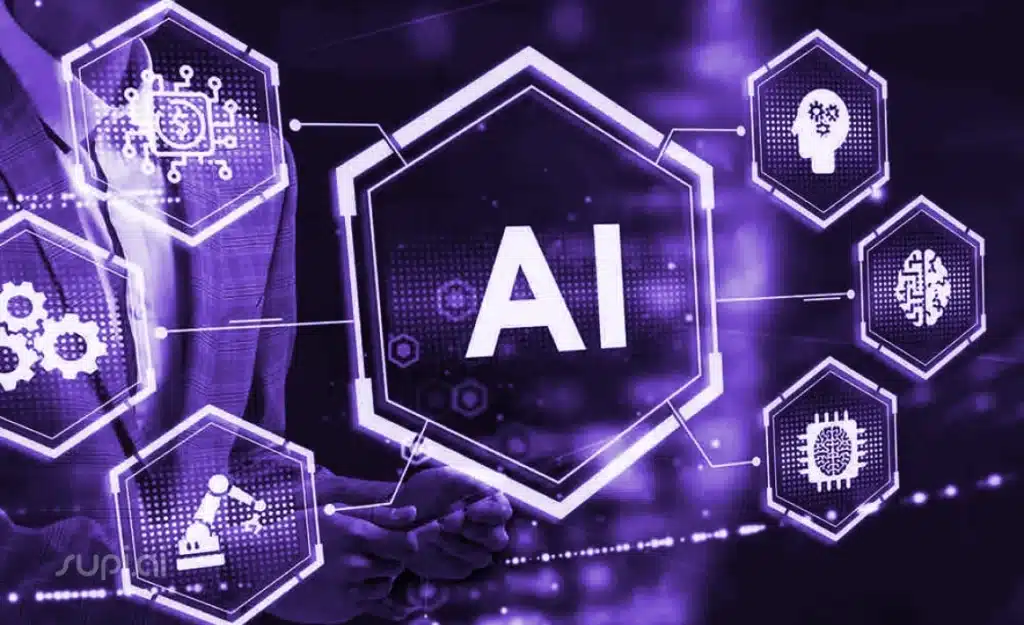
Integration with Existing Systems
Integrating AI tools with existing HR systems and processes can be complex and requires careful planning to ensure compatibility and data security.
Privacy and Ethical Considerations
AI in recruitment raises concerns about data privacy, algorithm transparency, and potential biases embedded in AI models. Addressing these ethical considerations is crucial to maintaining trust and fairness.
Future Trends in AI and Recruitment
AI Advancements and Predictive Analytics
Future advancements in AI will likely include more sophisticated predictive analytics models that can forecast candidate success and fit within an organization based on comprehensive data analysis.
Virtual Reality and Augmented Reality in Interviews
Emerging technologies like virtual reality (VR) and augmented reality (AR) are poised to revolutionize the interview process by creating immersive experiences that simulate real-world scenarios and assess candidate skills more effectively.
Case Studies: Successful Implementation of AI in Recruitment
Several leading companies have successfully implemented AI in their recruitment processes, showcasing significant improvements in efficiency, candidate quality, and overall hiring outcomes.
Best Practices for Implementing AI in Recruitment
Strategic Planning and Training
Organizations should develop a clear AI adoption strategy aligned with their recruitment goals and invest in training HR professionals to effectively leverage AI tools.
Continuous Monitoring and Feedback
Continuous monitoring of AI algorithms and gathering feedback from recruiters and candidates is essential to refine processes, improve accuracy, and address any issues that may arise.
Conclusion
AI is not just a buzzword but a transformative force in recruitment, revolutionizing how organizations identify and hire talent. By automating repetitive tasks, enhancing decision-making with data-driven insights, and promoting fairness in the hiring process, AI is streamlining recruitment processes and shaping the future of HR practices.
